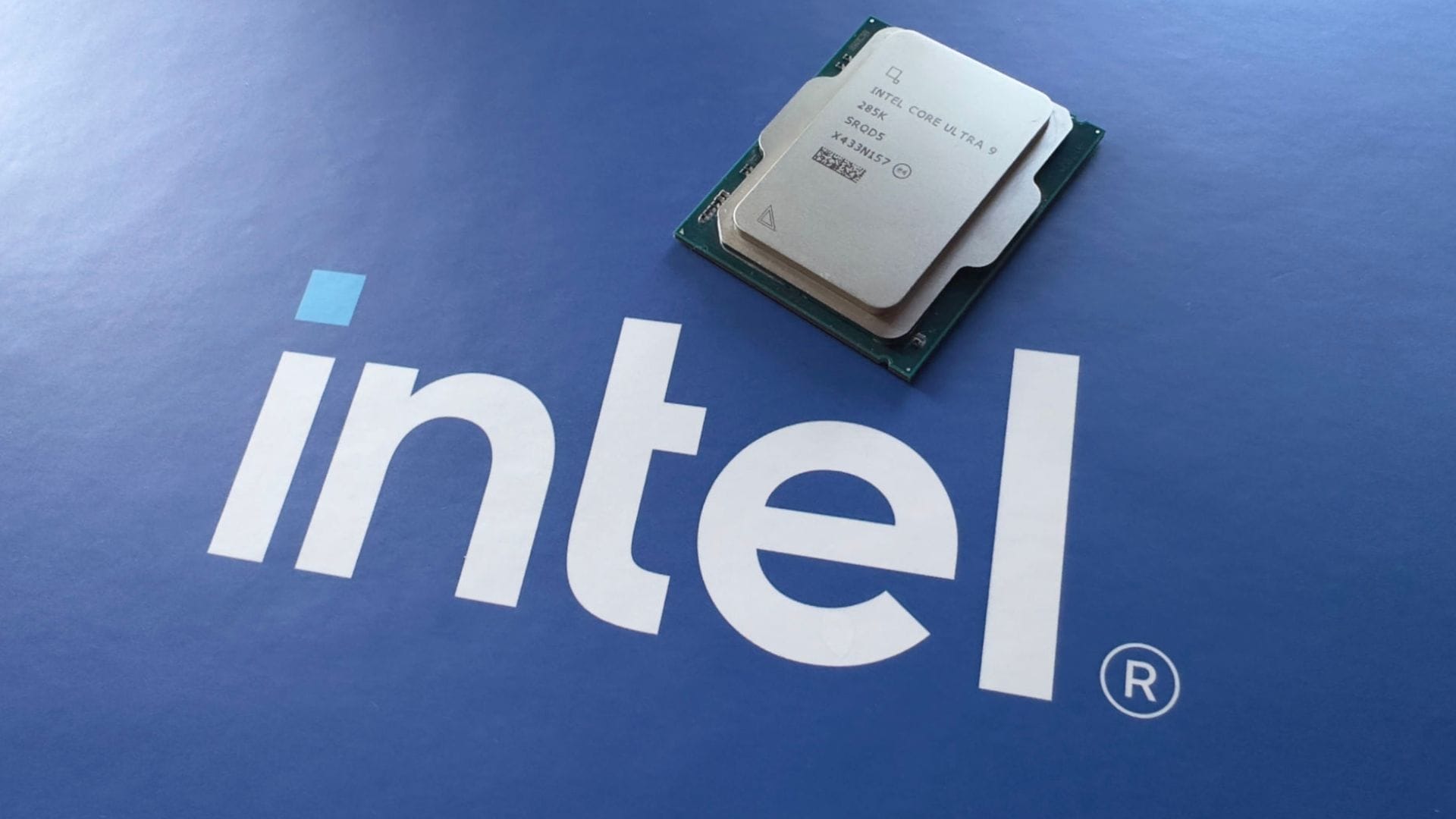Intel outlines fixes to improve Arrow Lake CPU performance
Intel rolls out fixes for Arrow Lake CPU performance issues, addressing Windows updates, gaming optimisation, and future improvements at CES.

Intel’s latest Arrow Lake CPUs, launched in October, aimed to deliver high performance with lower power consumption. However, early reviews highlighted disappointing gaming performance, including remarks from Tom Warren, who noted that the Core Ultra 9 285K delivered worse gaming results than the 14th Gen chips it was meant to replace.
Intel has addressed these concerns and confirmed it is rolling out updates to fix the identified issues. Robert Hallock, Intel’s VP and GM of Client AI and Technical Marketing, explained, “There were four root issues that we needed to address, and fixes for those are already in the field right now. They’ve been coming out over the last two weeks or so as update schedules allow.”
Updates aim to fix key performance issues
A mistimed Windows Processor Power Management (PPM) system update was one major issue. This system adjusts CPU performance based on power settings like Balanced or High Performance. Intel intended this update to optimise PPM for its Core Ultra 200S-series processors, but it was released after reviewers received the CPUs. This delay caused reviewers to report worse performance than expected.
Without the PPM update, Intel’s Application Performance Optimizer (APO) couldn’t boost gaming performance as planned, and misconfigured performance settings further hindered benchmarking results.
Intel reports that these problems have been addressed in Windows 11 build 26100.2161, which now includes the necessary optimisations. Additionally, Epic Games resolved a separate issue with Easy Anti-Cheat that caused blue screen errors in games like Star Wars Outlaws.
What to expect next
Intel isn’t stopping here. In January 2024, another round of performance upgrades for Arrow Lake CPUs will be released. The company plans to deliver a comprehensive performance update to showcase improvements at CES.
In the meantime, Intel advises users to ensure their systems are updated. This includes applying the latest BIOS updates and keeping Windows updated to benefit from current fixes. The January update will provide the final round of enhancements for those still waiting for a complete solution.
Despite the rocky start, Intel’s actions show its commitment to resolving these performance issues and restoring user confidence in the Arrow Lake lineup.














